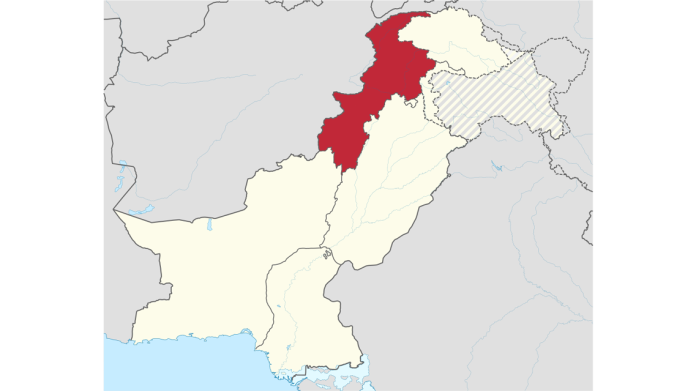Another exodus of Sikhs from Pakistan’s Khyber Pakhtunkhwa (KPK) province is not just an isolated incident; it is a tragic consequence of persistent persecution and targeted violence against minorities in the country. For decades, Sikhs in Pakistan have faced discrimination, harassment, and violence at the hands of militant groups. The recent wave of attacks, which have claimed the lives of innocent Sikhs and forced thousands to seek refuge elsewhere, is a stark reminder of the precarious situation faced by religious minorities in the country. The attack on Surjit Singh, a Sikh hakim, and the subsequent killing of his bodyguard by terrorists are just two examples of the countless atrocities committed against Sikhs in Pakistan. Despite the Government’s assurances of security and protection, minority communities continue to live in fear for their lives and livelihoods. It is alarming that both the Tehreek-e-Taliban Pakistan (TTP) and Daesh (ISIS) have claimed responsibility for these heinous acts of violence, yet the perpetrators remain at large. The failure of the Pakistani authorities to apprehend and prosecute those responsible only emboldens extremist groups to carry out further attacks with impunity.
The exodus of Sikhs from the KPK province is not merely a matter of relocation; it is a forced displacement driven by the systematic targeting of a vulnerable community. Many Sikhs have been left with no choice but to abandon their homes, businesses, and ancestral lands in search of safety and security elsewhere. It is painfully evident to the world that Pakistan’s governance is faltering, creating an environment devoid of the rule of law. Unlike in India, where minorities have thrived alongside the majority population, in Pakistan they face relentless persecution, pushing them to the brink of extinction. The dire circumstances have left minority communities with limited options. It’s a heartbreaking reality that no individual desires to abandon their ancestral roots, yet the prevailing conditions have forced minorities to consider exodus as their only recourse.
Pakistan’s religious doctrine has contributed to the creation of a society where minorities struggle to live with dignity. Incidents of kidnappings and forced marriages further exacerbate the plight of these marginalised groups, instilling fear and insecurity in their lives. Despite India consistently raising concerns and Pakistan’s Government making assurances to the international community, little tangible change has been observed on the ground. India, in contrast, has implemented numerous welfare schemes aimed at safeguarding the rights and well-being of minorities within its borders. However, in Pakistan, minority rights are severely limited, perpetuating a cycle of discrimination and marginalization.
The situation is compounded by the actions of terrorist organisations that have turned the lives of minorities into a living nightmare. Pakistan’s failure to address these issues underscores a fundamental misunderstanding: just as nature boasts a diverse array of species coexisting harmoniously, so too should humans, the most intelligent species on Earth, embrace the principle of coexistence. This has led to a society where minorities are systematically targeted and marginalised.
It is high time for the international community to take a firm stance against these atrocities in Pakistan. The silence and inaction from the global community have only emboldened Pakistan’s disregard for the rights and dignity of its minority populations. The international community cannot afford to remain silent in the face of such blatant violations of human rights and religious freedom. It is incumbent upon Governments, human rights organisations, and civil society groups to condemn these attacks in the strongest terms and to pressure the Pakistani authorities to take concrete action to protect minority communities. These egregious crimes against humanity demand accountability and justice. An international delegation should urgently visit the affected families to bear witness to their suffering and subsequently confront Pakistan with irrefutable evidence of its failures to protect its citizens. Decisive action must be taken to address these injustices and ensure the fundamental rights of all individuals are upheld.


